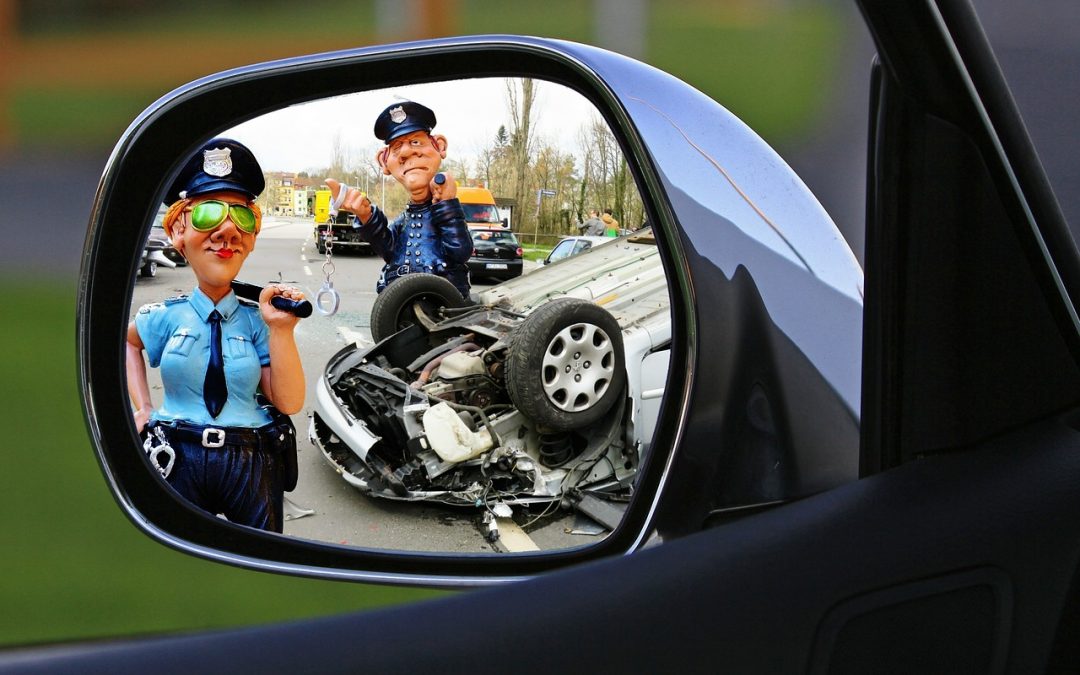When interacting with law enforcement, it’s essential to know your rights, especially when it comes to capturing evidence. With the widespread use of cameras, it’s not uncommon for individuals to record their interactions with police officers. However, what happens if an officer deletes the recording?
Understanding Your Rights
In the United States, the Fourth Amendment protects individuals from unreasonable searches and seizures. This means that law enforcement must have probable cause or a warrant to seize property, including digital recordings. If an officer deletes your recording without a warrant or probable cause, it may be a violation of your Fourth Amendment rights. Additionally, some states have specific laws protecting individuals’ right to record law enforcement activities in public.
What to Do If an Officer Deletes Your Recording
If an officer deletes your recording, remain calm and assert your rights without escalating the situation. Here are some practical tips:
- Politely inform the officer that you believe they have violated your rights by deleting the recording.
- Request the officer’s name, badge number, and a copy of the incident report.
- Seek legal counsel as soon as possible to discuss potential legal action.
Staying Safe and Asserting Your Rights
It’s crucial to prioritize your safety above asserting your rights. If you feel threatened or unsafe, comply with the officer’s requests and seek legal counsel later. Remember that you have the right to resist arrest or interfere with an officer’s duties.
As the Supreme Court has stated, “The freedom to speak and to publish is indivisible; the protection of one aspect of the right is essential to the protection of the other.”
In conclusion, while it’s essential to assert your rights when interacting with law enforcement, prioritize your safety above all else. Stay informed about local laws and regulations, and seek legal counsel if you believe your rights have been violated. By knowing your rights and staying calm, you can navigate complex situations and ensure that your rights are protected.
The information at Observed.Org may not pertain to every jurisdiction. It is YOUR responsibility to know your rights and observe them. Nothing here should be considered legal advice.

